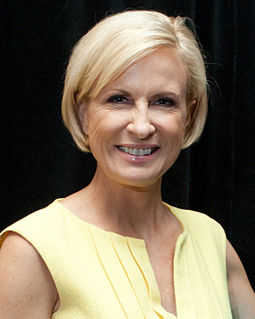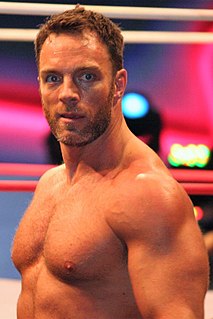A Quote by Marcus Buckingham
Every company wants to know how to find and keep highly talented women in the workplace.
Related Quotes
By giving women training to sue a company for a 'hostile environment' if someone tells a dirty joke, we are training women to run to the Government as Substitute Husband (or Father). This gets companies to fear women, but not to respect women. The best preparation we can give women to succeed in the workplace is the preparation to overcome barriers rather than to sue: successful people don't sue, they succeed.
It sometimes feels like the workplace is immune from social upheaval. We go to work and do the best we can, and at the end of the day, we return to our lives. We don't abandon who we are, however, when we begin and end our workday. Who we are shapes how we are perceived in the workplace and, in turn, how we perform in the workplace.
Feminism means to me aquality, actually. Women having equal rights to every thing the male population have in all aspects. Whether that's socially, or within the household or in the workplace. I don't find it a difficult word but it does have a lot of baggage. There's still a lot of work to be done in various parts of the world and society. If you look at where a woman's place was a couple of generations ago, there's been a huge development and progression. And it's an important queston to keep bringing up.
Women are more than 50% of almost every country in the world. Countries rob themselves of the resources of women if they keep them as property. It isn't that women can't find work. It's just that women don't get paid for their work and are not recognized properly. It's something that has to be on the international agenda all the time.
Before the web and these highly focused entities, journalists got to decide what was important to tell their audience and educated their readers. Now, journalists have to try and understand what their consumer actually wants to read and what angle they are looking for in order to keep audiences engaged in a highly competitive world.
When I got married and had a child and went to work, my day was all day, all night. You lose your sense of balance. That was in the late '60s, '70s, women went to work, they went crazy. They thought the workplace was much more exciting than the home. They thought the family could wait. And you know what? The family can't wait. And women have now found that out. It all has to do with women, or the homemaker leaving the home and realizing that where they've gone is not as fabulous, or as rewarding, or as self-fulfilling as the balance between the workplace and the home place.


































